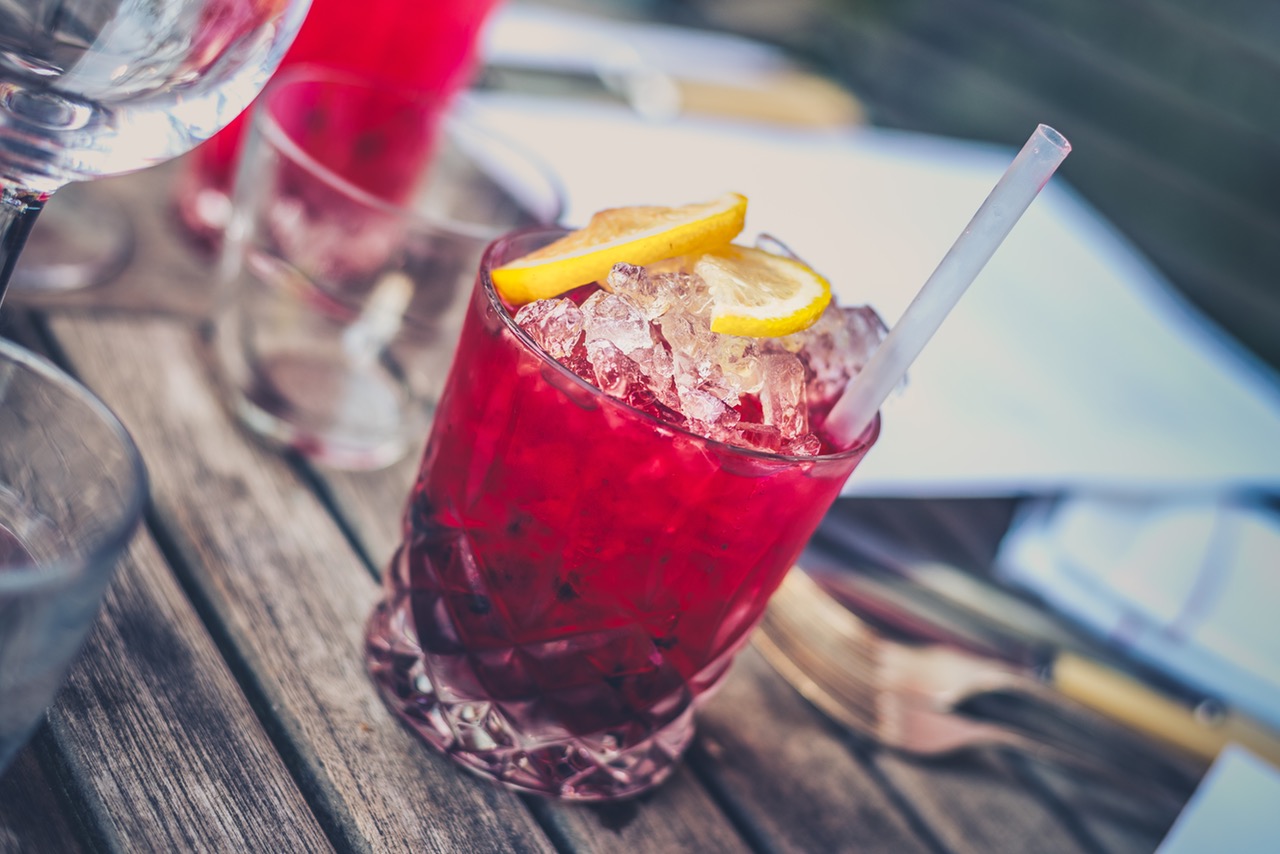We all love celebrating, but feeling terrible afterwards isn't quite so much fun. Try these tips for dealing with hangovers and heartburn.
Before the morning after
If you know you're going to be out eating and drinking, there are some preventative measure you can take. For example, if you know you're going to drinks party, and there's not going to be much food served, make sure you eat a meal containing carbs and fats before you leave the house. This won't stop you getting drunk if you drink a lot, but it will slow things down. You could try a peanut butter sandwich. According to research at the University of Virginia foods containing vitamin E - of which peanut butter is one, help block production of proteins which are linked to liver damage. When it comes to avoiding heartburn - which is the result of the reflux of acid up into your chest - Consultant Gastroenterologist Dr Simon Mark Greenfield says there is one preventative measure you can take - if you are going out to eat, or are hosting a party, eat earlier in the evening. 'Avoid late meals, snacks and drinks before bedtime - because food or fluid in your stomach will reflux upwards into your gullet as you lay flat,' explains Dr Greenfield.
How to avoid a hangover
Make sure you drink plenty of water. One of the reasons we get hangovers is that alcohol dehydrates us, but some drinks dehydrate us less than others. Give dark-coloured drinks like red wine a miss if you find headaches are an issue after drinking. Dark coloured drinks are more likely to contain chemicals called congeners, which are essentially impurities that worsen hangovers. Also, try alternating your alcohol intake with water. Ensure you match your intake of other fluids to alcohol to prevent dehydration. For example, a 75ml serve of mixer will counteract dehydration effect from a single measure of spirits, while you need 100ml of water to counteract a 250ml glass of wine. That's a small wine glass sized glass of water for every large glass of wine you consume. When you turn in for bed, drink some more water, and keep a glass by your bedside to sip as well.
Tips to stop heartburn
Dr Greenfield agrees you should take care with alcohol intake as this worsens heartburn. When you're eating your meal you should also limit the amount of rich/fatty foods you eat. 'Also avoid eating chocolate and cheese,' advises Dr Greenfield. 'And don't drink anything containing caffeine.' The doctor says if you have taken something that you feel will upset your stomach, you should take an antacid, such as Gaviscon after the meal. 'If this isn't possible, take some antacids before bed - this can help neutralise any acid that refluxes upwards,' says Dr Greenfield. 'Also try and sleep as upright as possible.'
Hangover cure
The truth is there's no sure-fire hangover cure. However, there are ways to ease the pain. Interestingly, a simple solution has been found to work by health researchers: coffee and a painkiller. Research at Thomas Jefferson University in the US found this combination blocks acetate, another chemical that causes hangover headaches stopping pain in its tracks. The researchers say you should take the painkiller when you get home and then have the coffee when you wake up and you'll stop the pain.
Here are some other hangover cures that you might want to try:
- Bone broth or vegetable Bouillon which are both nutrient-packed, and easy for fragile tummies to digest.
- Sprite. Chinese researchers have discovered that this lemon-line drink is best for metabolising the aldehyde dehydrogenase (ALDH), in alcohol which is what is believed to cause hangovers.
- Asparagus. Tucking into a plate of this veg can protect against damage from alcohol. The amino acids in asparagus speed up the break down alcohol, protecting the liver and making you feel better.
I want to stop drinking
For most of us, a hangover is a signal that we've been overdoing it, and we should cut down. For some however, it's a wake-up call to stop drinking all together. If you think you may have a problem with alcohol, you can find out more about new approaches to treating alcoholism here.



